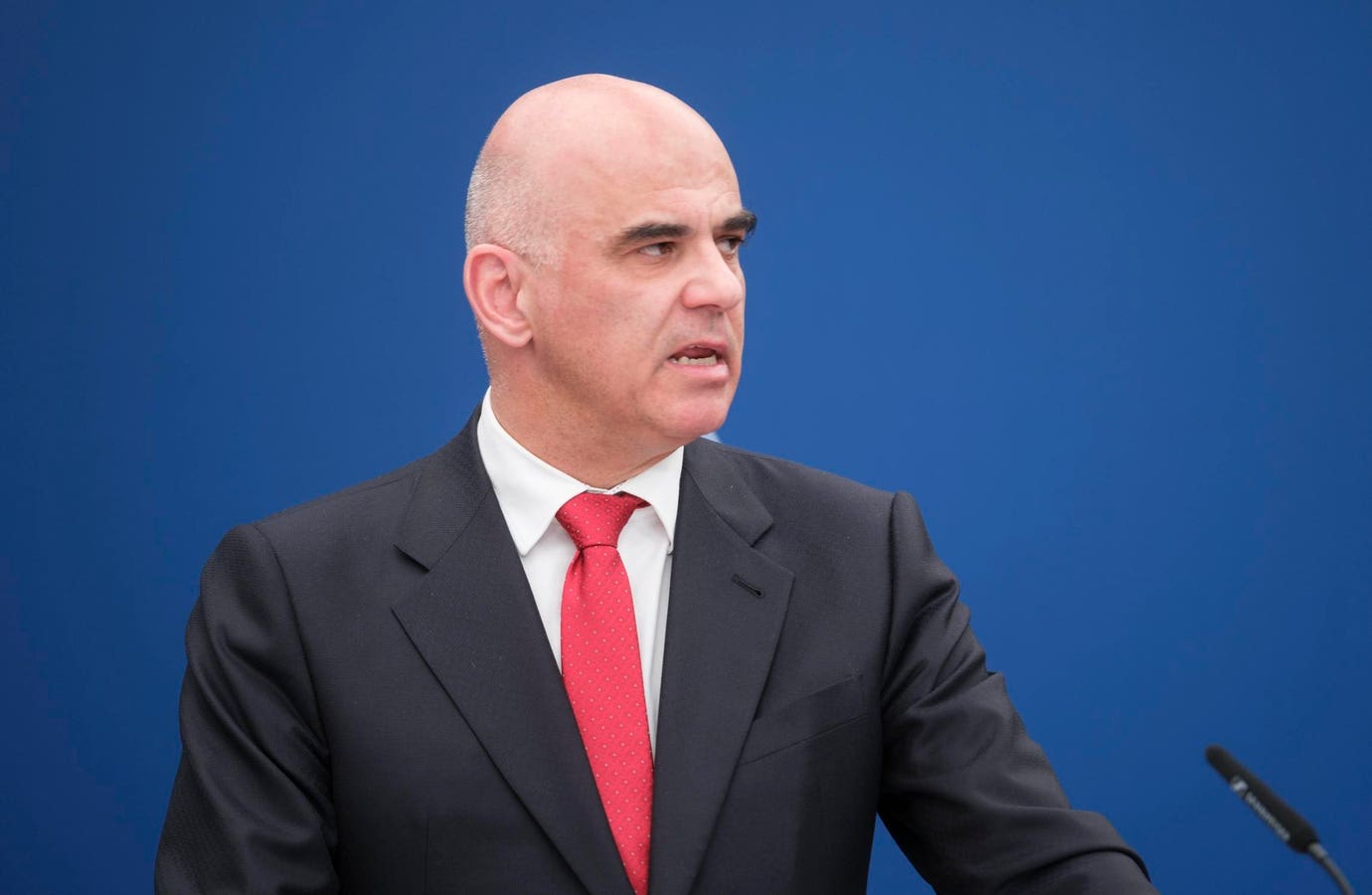Secretary General of the Council of Europe Alain Berset on February 4, 2025 in Brussels, Belgium. … More (Photo by Thierry Monasse/Getty Images)
Getty Images
The leader of Europe’s oldest intergovernmental institution has issued a statement, in response to an open letter signed by nine EU member states which called into question the role of Europe’s top human rights court regarding migration matters. In doing so, he is the latest to wade into an ongoing debate over the alleged tension between human rights and security in Europe when it comes to migration.
Alain Berset, Secretary General of the Council of Europe, an intergovernmental European organization distinct from the European Union and the home of the European Court of Human Rights (ECtHR), published his response to the letter signed by Italy, Denmark, Poland and Lithuania, among others. That letter decried the role of the ECtHR in adjudicating matters related to deportation and surveillance of migrants, among other matters. The signatories essentially argue that the role of court itself, as well as that of the European Convention on Human Rights, needs to be re-considered in light of states’ desire to intensify such migration control measures.
“In our opinion, safety and security for the victims and the vast majority of law-abiding citizens is a crucial and decisive right,” reads the letter signed by nine member states overall. “As a general rule, it should take precedence over other considerations.”
The letter, which draws a direct line between migration and security in Europe, was decried by humanitarian NGOs and other civil society groups. Amnesty International’s Eve Geddie described the letter as “another attempt to strip people of their dignity, further expand the EU deportation regime, and use deportations as a way to bypass human rights and rule of law requirements, as well as procedural safeguards in the criminal justice system.”
Now, Alain Berset of the Council of Europe has weighed in on the letter, admonishing the signatories that “upholding the independence and impartiality of the Court is our bedrock.”
“Debate is healthy, but politicizing the Court is not,” wrote Berset in the statement published on the Council’s website. “In a society governed by the rule of law, no judiciary should face political pressure. Institutions that protect fundamental rights cannot bend to political cycles. If they do, we risk eroding the very stability they were built to ensure.”
The original letter, as well as the responses from NGOs and Berset, come amid a charged political atmosphere over migration in Europe. Various lawmakers, many of whom were elected on platforms of reducing migration to Europe, are pushing to be allowed to more easily deport, surveil or otherwise control people who are considered dangerous or undesirable in Europe. The European Union’s executive arm, known as the Commission, has largely acquiesced to these lawmakers’ demands, recently opening up the possibility of deportation centers outside of Europe, and announcing it will strip protections for people under deportation orders.
The ECtHR and other regional and national courts in Europe are seen as a major barrier to states looking to further intensify their migration controls. In recent years, the courts have been seen to step in and prevent governments deporting people, or stopping them entering the EU in the first place, typically on human rights or legal grounds. As a consequence, the courts have come under significant criticism from anti-immigration groups in Europe, and in some cases individual judges have been publically called out and subsequently faced harassment and threats.
